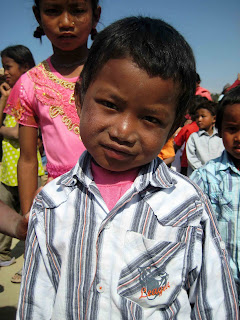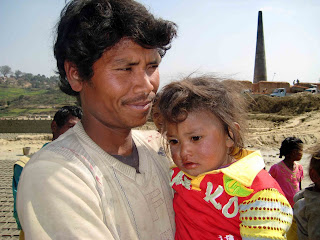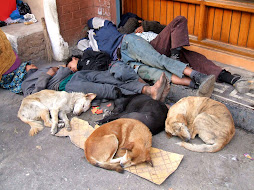 Animal Nepal together with the Animal Welfare Network Nepal (AWNN) on May 19, 2009 handed over a petition signed by over one thousand people from all over the world to stop donkey abuse to the Joint Secretary at the Ministry for Agriculture and Cooperatives, Dr Hari Dahal.
Animal Nepal together with the Animal Welfare Network Nepal (AWNN) on May 19, 2009 handed over a petition signed by over one thousand people from all over the world to stop donkey abuse to the Joint Secretary at the Ministry for Agriculture and Cooperatives, Dr Hari Dahal.The petition titled 'Stop donkey misery in Nepal' was signed by 1036 people from countries like Nepal, India, US, UK, Italy, Australia, France, Germany, Norway, Mexico, Canada, South Africa, Netherlands, Belgium and others. The purpose of the signature campaign is to raise awareness to stop cruelty on working animals like donkeys. The petition demands concerned authorities and donkey owners to introduce a care system for these animals that suffer from malnutrition, open sores, lacerations, and general neglect.
AN/AWNN also urged the Joint Secretary to implement the Animal Transportation Act and wished to participate in drafting of the Animal Welfare Act. Mr Dahal was positive about these concerns and expressed commitment to take initiative on monitoring the execution of the Animal Transportation Act or the Pasu Dhuwani Mapdanda 2064.
AN Director Pramada Shah, after handing over the petition hoped that the ministry would cooperate in raising animal welfare issues and that the Animal Welfare Act would soon be finalised and send to the Parliament.










